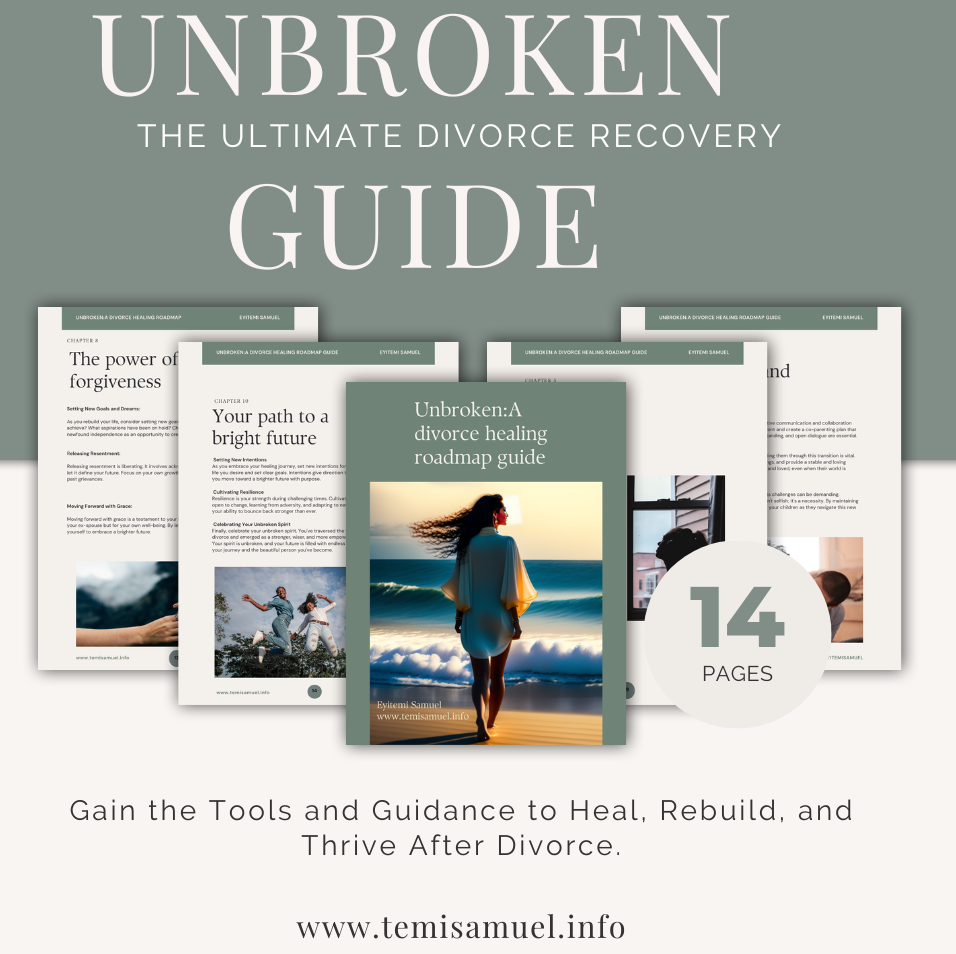The Sleep & Relationship Connection
A good night’s sleep isn’t just crucial for your health—it plays a major role in maintaining a happy, harmonious relationship. Studies show that couples who get quality sleep are more patient, have fewer arguments, and feel more connected. On the other hand, sleep deprivation can lead to irritability, miscommunication, and even resentment over time.
If you or your partner struggle with restless nights, it may be affecting more than just your mood—it could be influencing your relationship dynamics, too.
Common Sleep Disruptors That Impact Couples
Many couples deal with sleep challenges that can strain their relationship. Here are some of the most common ones:
1. Snoring or Loud Breathing
One of the top reasons couples sleep separately is snoring. When one partner’s loud breathing disrupts sleep, the other is left exhausted and frustrated.
2. Different Sleep Schedules
Whether it’s an early bird vs. night owl situation or differing work shifts, misaligned sleep schedules can create tension. One partner may feel neglected while the other just wants to get some rest.
3. Light Sleepers vs. Deep Sleepers
Some people wake up at the slightest sound, while others could sleep through an earthquake. If one of you is a light sleeper, even small movements or noises can disrupt rest.
4. Sleep Environment Preferences
From mattress firmness to bedroom temperature and light levels, differences in sleep environment preferences can cause friction between couples.
How Poor Sleep Affects Your Relationship
Lack of sleep doesn’t just make you feel groggy—it can impact how you interact with your partner. Here’s how:
- Increased Irritability: When you’re tired, your patience runs thin, making small disagreements escalate into bigger conflicts.
- Less Emotional Regulation: Sleep deprivation affects the brain’s ability to manage emotions, leading to more mood swings.
- Lower Libido & Intimacy Issues: Exhaustion can take a toll on physical intimacy, making one or both partners less interested in closeness.
- Resentment Over Time: If one partner constantly disrupts the other’s sleep, it can lead to long-term frustration or even the decision to sleep separately.
Practical Tips to Improve Sleep as a Couple
The good news? There are ways to improve sleep without sacrificing your relationship. Try these solutions:
1. Find a Shared Wind-Down Routine
Even if you have different schedules, creating a bedtime wind-down ritual together—such as reading, stretching, or listening to calming music—can help you feel connected.
2. Invest in the Right Sleep Setup
If mattress firmness or temperature is a big issue, consider a compromise such as an adjustable mattress or separate bedding to cater to both partners’ needs.
3. Reduce Noise Disruptions
If snoring or external noise is the problem, there are several solutions:
- White noise machines – Provide a constant background sound to mask noise but may not block out all disturbances.
- Earplugs or sleep buds – A more personalized approach, Ozlo Sleepbuds allow you to block noise while playing soothing sounds, unlike a white noise machine which fills the room.
- Soundproofing your space – Adding rugs, curtains, or draft stoppers can help reduce external sounds.
4. Communicate & Compromise
If sleep disruptions are a recurring issue, an open conversation about finding solutions together can go a long way. Sleep is a shared experience, and both partners should feel comfortable.
Prioritizing Sleep for a Stronger Relationship
At the end of the day, sleep is essential not just for your health but for maintaining a happy and connected relationship. Finding ways to improve both of your sleep quality can lead to better communication, less stress, and more energy for each other.
If noise disruptions are a challenge, exploring solutions can be a game-changer. A little extra effort toward better sleep can make all the difference in keeping both you and your partner well-rested and happy!
Read more:


